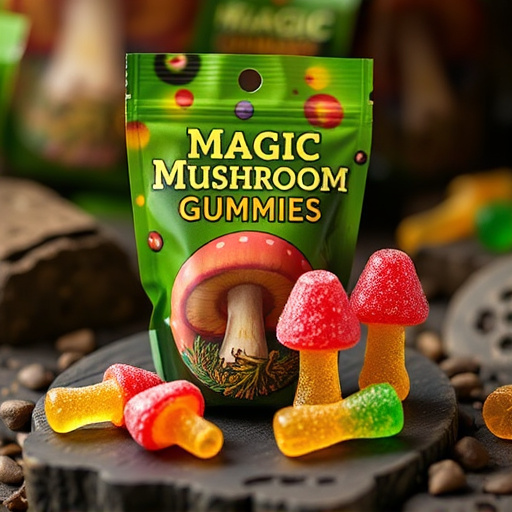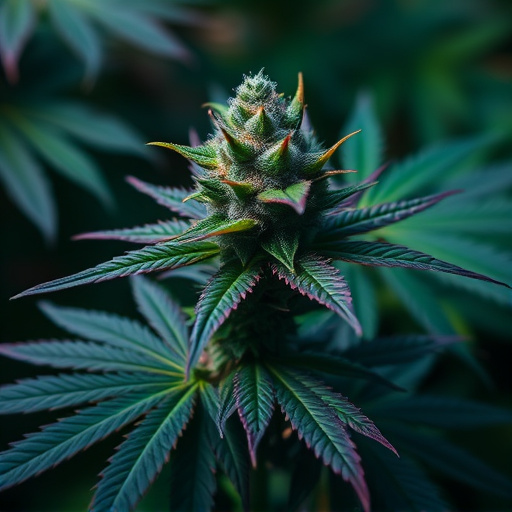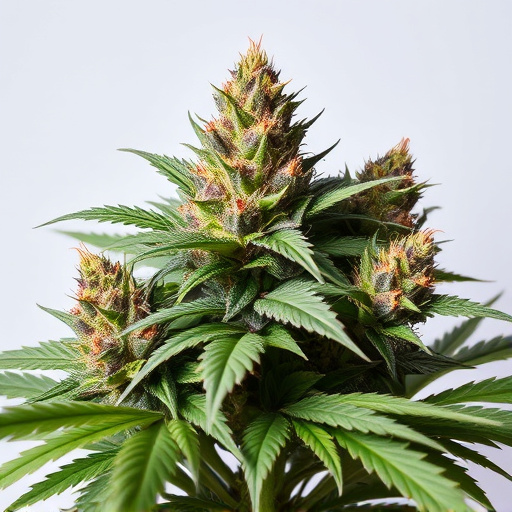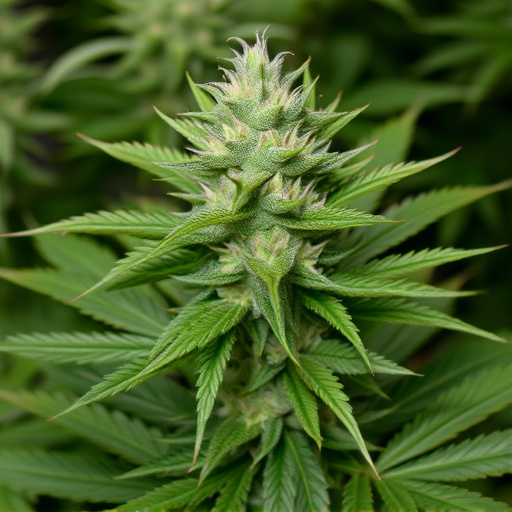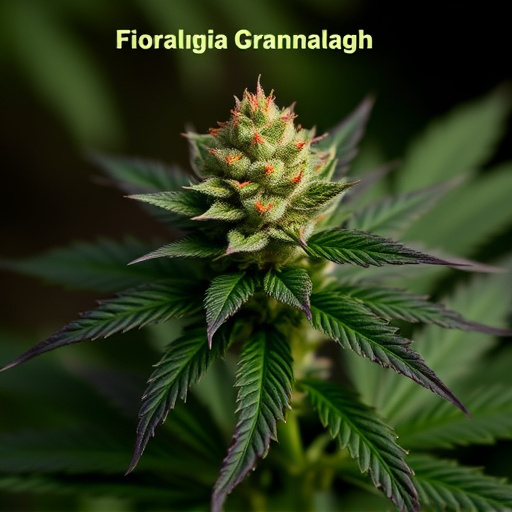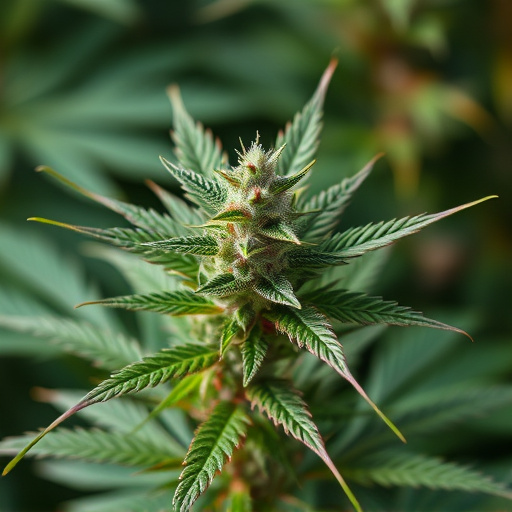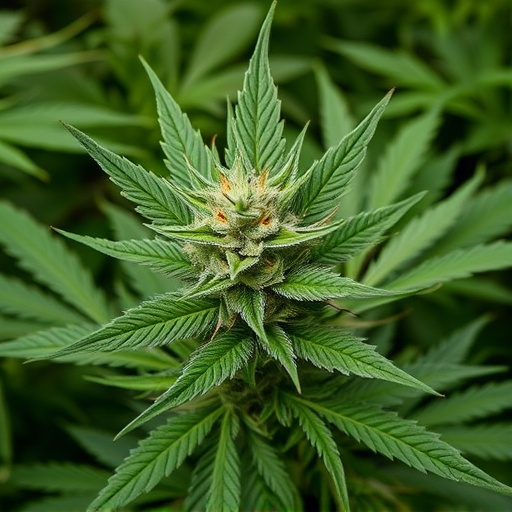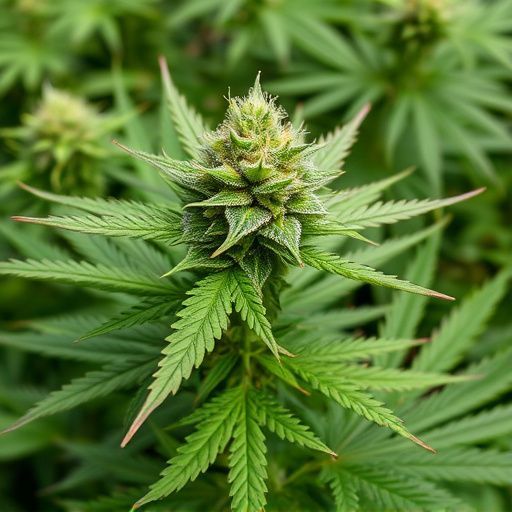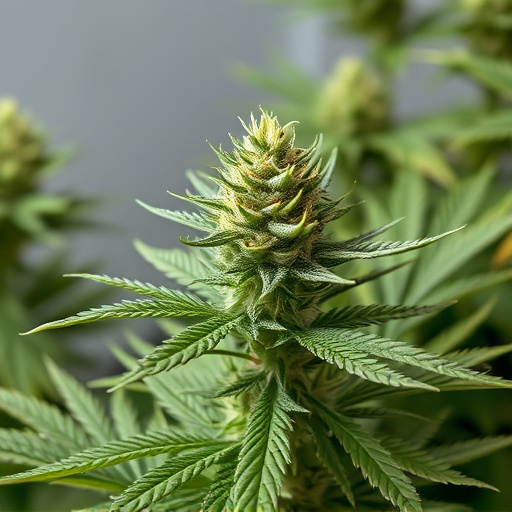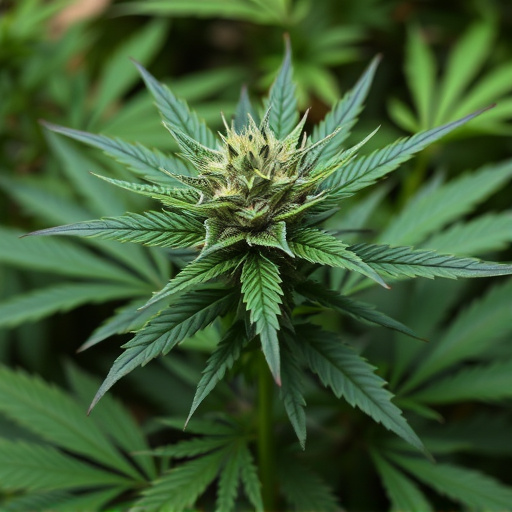The text emphasizes the growing recognition of cannabis' medical applications and its specialized medical strains. These strains, bred for distinct chemical compositions, offer diverse effects beneficial for various health conditions. High CBD strains combat inflammation and anxiety, while THC-rich varieties provide pain relief and appetite stimulation. The unique chemical profile of cannabis, including THC and CBD, interacts with the endocannabinoid system to produce therapeutic effects, such as muscular relaxation and enhanced senses. Medical strains are used to treat conditions like arthritis, epilepsy, anxiety, depression, and PTSD, but individual responses vary based on dosage and tolerance.
“Unraveling the effects of cannabis flower involves delving into its diverse medical strains, each offering unique physiological and psychological benefits. From relaxation to pain relief, understanding these attributes is crucial for navigating the world of medical cannabis. This article guides you through the key aspects, including the closer look at specific medical strains of cannabis and their impact on the body and mind. By exploring these effects, individuals can make informed decisions regarding potential therapeutic applications.”
- Understanding Medical Strains of Cannabis: A Closer Look
- Physiological Effects: How Cannabis Flower Impacts the Body
- Psychological Effects: Exploring the Mind-Altering Properties
Understanding Medical Strains of Cannabis: A Closer Look
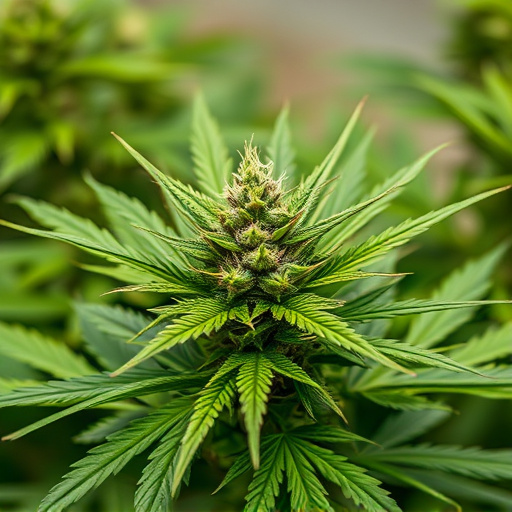
Cannabis, a plant with a rich history in both recreational and medicinal use, has seen a surge in interest as research sheds light on its potential benefits. Understanding medical strains of cannabis is key to unlocking these advantages. These specialized strains are cultivated and carefully bred for their unique chemical profiles, often high concentrations of cannabidiol (CBD) or tetrahydrocannabinol (THC), or both.
Medical strains offer a range of effects tailored to specific health needs. High CBD strains are known for their potential anti-inflammatory, anti-anxiety, and seizure-reducing properties, making them popular for conditions like multiple sclerosis and epilepsy. Conversely, THC-rich strains may provide pain relief, stimulate appetite, and ease symptoms of post-traumatic stress disorder (PTSD). The diversity within medical cannabis allows patients to find potential relief from a wide array of ailments.
Physiological Effects: How Cannabis Flower Impacts the Body
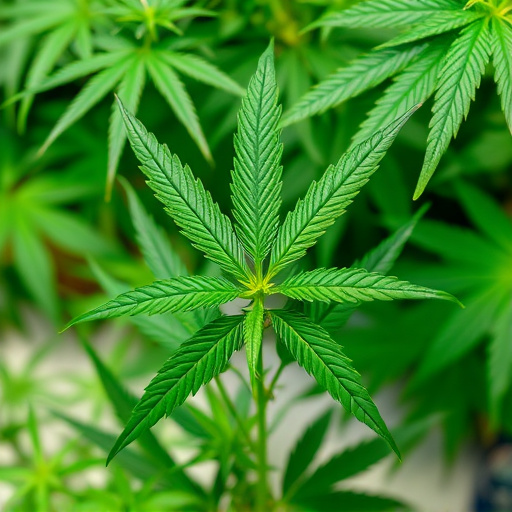
Cannabis flower, also known as marijuana, has a significant impact on the human body due to its unique chemical composition, particularly the presence of tetrahydrocannabinol (THC) and cannabidiol (CBD). When consumed, these compounds interact with the endocannabinoid system, a complex network of receptors located throughout the body. This interaction leads to various physiological effects that can both relax and energize the user, depending on individual tolerance and strain composition.
The effects of cannabis flower on the body include relaxation of muscles, increased appetite, altered perception of time, enhanced sensory experiences, and reduced anxiety. Medical strains of cannabis are often cultivated to maximize these beneficial properties while minimizing negative side effects. For example, CBD-rich strains may provide pain relief without the intoxicating effects of THC, making them suitable for patients seeking treatment for chronic conditions like arthritis or epilepsy. Conversely, strains high in THC can induce euphoria and reduce stress, but users should be mindful of potential short-term memory impairment and paranoia.
Psychological Effects: Exploring the Mind-Altering Properties
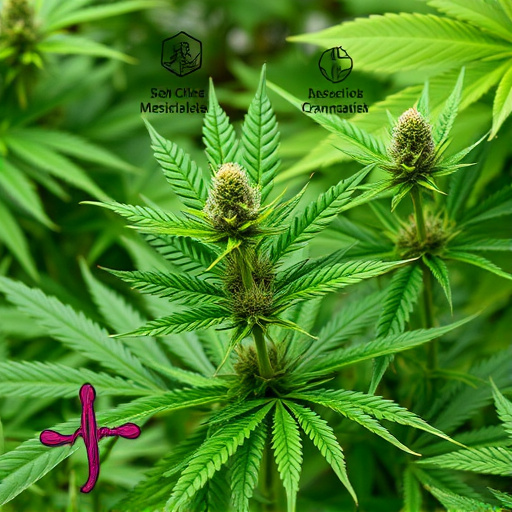
The psychological effects of cannabis flower are a fascinating aspect of its overall impact on human beings. When consumed, especially through smoking or vaporization, cannabis engages the brain’s endocannabinoid system, which plays a role in regulating mood, memory, and pleasure. This interaction can lead to a wide range of mental and emotional changes. Users often report feelings of euphoria, enhanced creativity, and altered perception—a phenomenon that has intrigued scientists for decades.
Medical strains of cannabis are known to offer therapeutic benefits, particularly for individuals dealing with anxiety, depression, and post-traumatic stress disorder (PTSD). The mind-altering properties can provide a sense of relaxation and reduce symptoms associated with these conditions. However, it’s important to note that the effects vary from person to person, and factors like dosage, method of consumption, and individual tolerance play significant roles in shaping the overall experience.
In conclusion, the effects of cannabis flower are multifaceted and vary based on the specific medical strains. Understanding both physiological and psychological impacts is crucial for navigating this complex plant. The medical strains of cannabis offer potential therapeutic benefits, but it’s important to be aware of possible side effects as well. Further research continues to shed light on how cannabis interacts with the body, promising new insights into its therapeutic applications.


